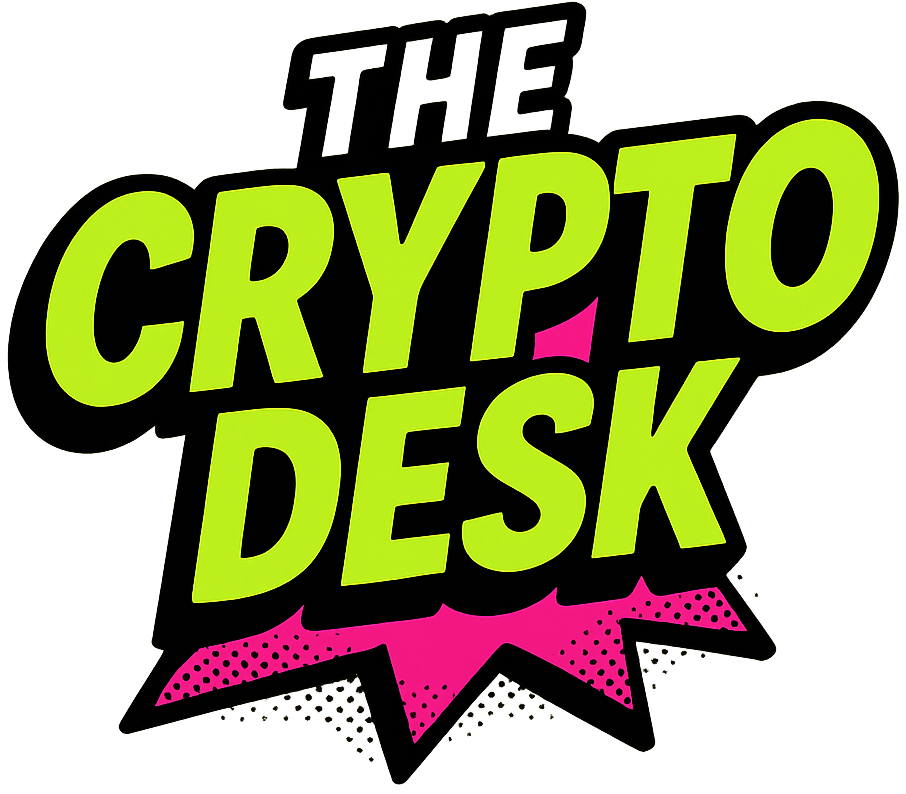The Shift in Economic Sentiment: Rising Odds of a U.S. Recession
As the economic landscape continues to evolve, new insights from a Polymarket poll reveal a stark shift in sentiment among bettors regarding the future of the U.S. economy. A striking 47% now anticipate that a recession will hit in 2025, an alarming increase from the mere 20% who held this view at the beginning of the year. This dramatic swing in expectations could signal growing unease about the economic climate, especially in light of recent high-profile announcements from Washington.
Polymarket Bettors Sound the Alarm
The decentralized prediction marketplace Polymarket has been a barometer for public sentiment on pressing issues. As of April 3, the polling data indicates a significant rise in pessimism regarding economic conditions. Just a week earlier, bettors assessed the chance of an economic downturn at only 33%. What sparked this dramatic shift? The answer lies in the recent announcement of President Donald Trump’s “Liberation Day” tariffs, which unleashed a wave of concern across global markets.
BREAKING: The Nasdaq 100 is now 1.3% away from a “circuit breaker” triggering. This would PAUSE trading for 15 minutes if the drop occurs before 3:25 PM ET. See our thread below for more details. https://t.co/TQWX12CsL7— The Kobeissi Letter (@KobeissiLetter) April 3, 2025
Trump’s Tariff Policy: Boom or Bust?
On April 2, President Trump touted his new tariff policy as a bold move to reclaim American manufacturing strength. In a passionate address at the White House Rose Garden, he stated, “For decades, our country has been looted, pillaged, raped, and plundered by nations near and far – both friend and foe alike.” This rhetoric aimed to resonate with American workers, particularly in manufacturing and agriculture, who he claims have suffered due to unfair trade practices.
The Market’s Reaction: A Jolt of Realism
However, the financial markets reacted swiftly to this announcement, demonstrating their apprehension about the potential fallout. The Dow Jones Industrial Average fell sharply, losing 1,300 points, while the Nasdaq and S&P 500 followed suit with declines exceeding 4% and 3%, respectively. This volatile reaction suggests that many investors fear the long-term implications of Trump’s tariffs on trade relationships and consumer costs.
The Economic Fallout: A Heavy Price for Consumers
According to Yale’s Budget Lab, these tariffs could impose significant financial burdens on American consumers, potentially increasing annual costs by anywhere from $2,700 to $3,400. This raises an important question: Can the American public sustain higher prices in the name of national pride and economic recovery? Critics of the tariff strategy argue that such an approach may weaken, rather than strengthen, domestic consumers, ultimately leading to greater economic distress.
Expert Opinions: Diverging Perspectives on Tariffs
Financial analysts and economic experts continue to debate the efficacy of the tariff strategy. Some predict that while the intention is to bolster American industries, the immediate effect may stifle economic growth and consumer spending. Others remain cautiously optimistic, viewing tariff enforcement as a necessary step towards correcting trade imbalances. This divergence of opinion underscores the complexity of economic policy and its unpredictable outcomes.
A Grim Outlook or a Turning Point? Future Implications
The surge in recession predictions raises a critical question about the future of the U.S. economy: Are we on the brink of a downturn, or is this merely a moment of adjustment? Economists warn that if consumer prices escalate alongside stagnating wages, the fallout could lead to wider economic instability. As bettors weigh the odds on Polymarket, businesses and consumers alike will be closely watching the unfolding economic drama.
Conclusion: Time for Reflection and Discussion
In conclusion, the sharp rise in recession forecasts signals a palpable anxiety affecting public sentiment and financial markets alike. With myriad factors at play, including policy changes and global economic conditions, it’s essential to stay informed and engaged. What do you think? Are we heading for an economic recession, or could proactive measures reshape a favorable future? Join the conversation below!

